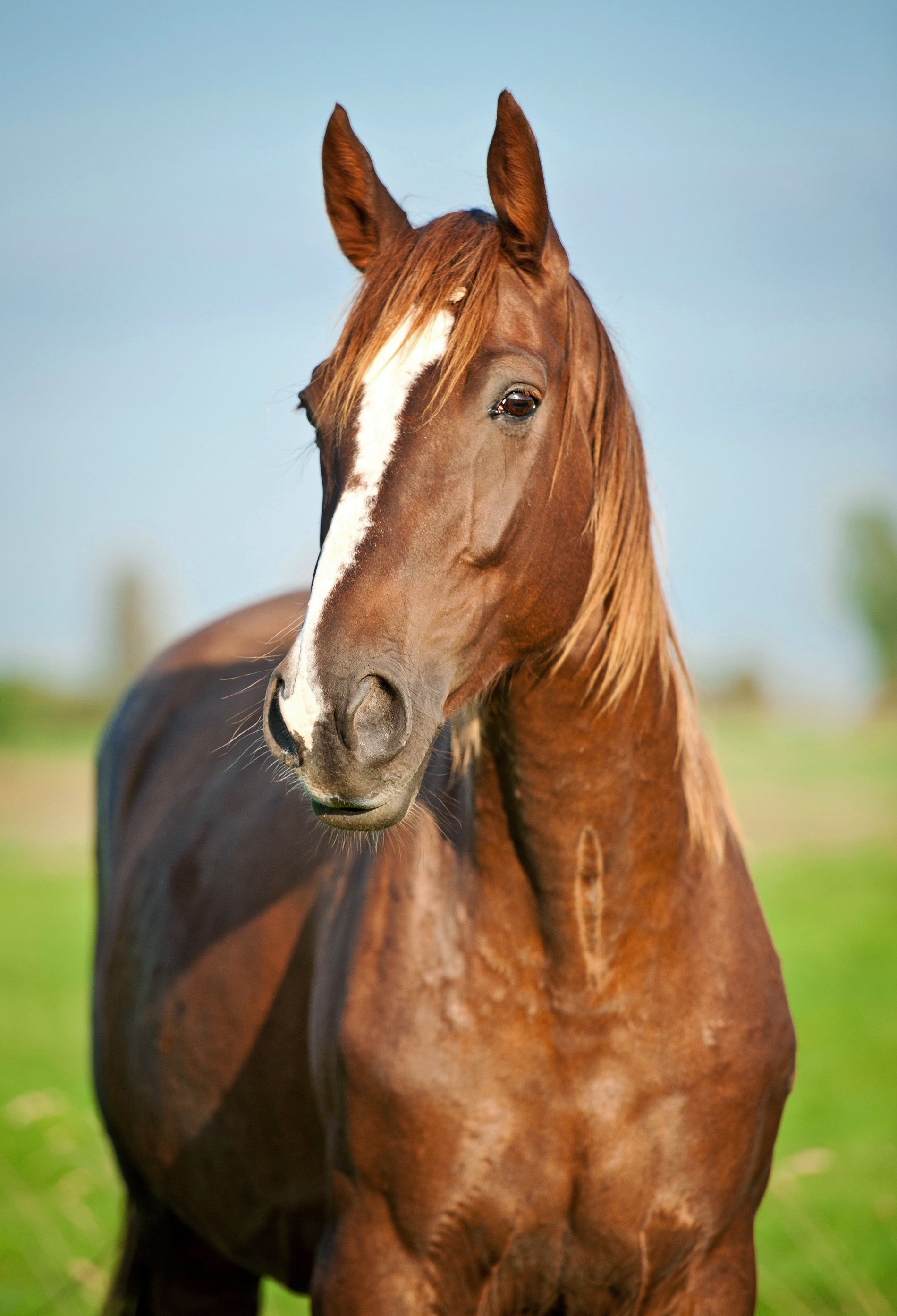“Buy Less Dewormer” campaign is launched to raise awareness for less frequent deworming
Zoetis launched the campaign following updated American Association of Equine Practitioners Internal Parasite Control Guidelines that emphasize growing anthelmintic resistance
Photo: Rita Kochmarjova/Adobe Stock

With the increasing prevalence of anthelmintic resistance, Zoetis has launched an awareness campaign encouraging horse owners to rethink their deworming practices and consider purchasing less dewormer. According to Zoetis, the “Buy Less Dewormer” campaign was developed after the American Association of Equine Practitioners (AAEP) released updated Internal Parasite Control Guidelines in June 2024.1
The goal of the updated 2024 guidelines is to lower the risk of parasitic diseases in horses and preserve the effectiveness of current deworming medications by delaying anthelmintic resistance.1,2 The revised guidelines advise against fixed-interval, year-round deworming. It also encourages owners to stop blindly rotating anthelmintic classes.
“The true goal of parasite control in horses is to keep animals healthy and reduce the risk of clinical illness. The goal is NOT to eradicate all parasites from a particular individual. Not only is eradication impossible, the inevitable result of pursuing this goal is accelerated development of parasite drug resistance,” according to the Internal Parasite Control Guidelines.2,3
According to the guidelines, the most the majority of adult horses should be dewormed is twice a year. Veterinarians should also check anthelmintic efficacy routinely via fecal egg count reduction tests. These tests should also be conducted to identify high-shedding horses, requiring additional targeted deworming treatments.1 However, fecal egg counts should not be used to diagnose diseases in horses given that there is no link between fecal egg counts and disease-causing parasite life stages, according to the AAEP guidelines.2
“The industry has seen increasing resistance levels to several parasite treatments, which can be caused, in part, by deworming too often and with active ingredients that do not target the right parasites at the right time,” Nathan Voris, DVM, MBA, director of Equine Technical Services at Zoetis US, said in an organizational release.1 “Our aim with the “Buy Less Dewormer” campaign is to raise awareness around best practices focused on less frequent deworming, and to get horse owners and equine practitioners to re-evaluate their current protocols, which for many, are set on autopilot.”
The campaign will also include educational activations with trivia, dewormer giveaways with coupons, and paid print, digital, and social advertisements at the Defender Kentucky Three-Day Event—an equestrian competition event. The campaign will also bring to attention that active ingredients are not all the same.1
According to Zoetis, its Zoetis Quest line of dewormers, Questâ Gel (moxidectin) and Questâ Plus Gel (moxidectin/praziquantel) are the only dewormers on the market formulated with moxidectin. One dose of moxidectin can effectively treat adult small strongyles, encysted small strongyles larvae, adult large strongyles, migrating large strongyle larvae, roundworms, bots, pinworms, hairworms, and stomach worms.1 These dewormers, according to Zoetis, support parasite treatment for healthy adult horses.1
References
- Zoetis Equine launches “Buy Less Dewormer” Campaign. News release. Zoetis Inc. April 23, 2025. Accessed April 28, 2025.
- Bautista-Alejandre A. Internal parasite control guidelines for horses are updated. dvm360. August 9, 2024. Accessed April 28, 2025. https://www.dvm360.com/view/internal-parasite-control-guidelines-for-horses-are-updated
- Internal Parasite Control Guidelines. American Association of Equine Practitioners. Accessed April 28, 2025. https://aaep.org/resource/internal-parasite-control-guidelines/